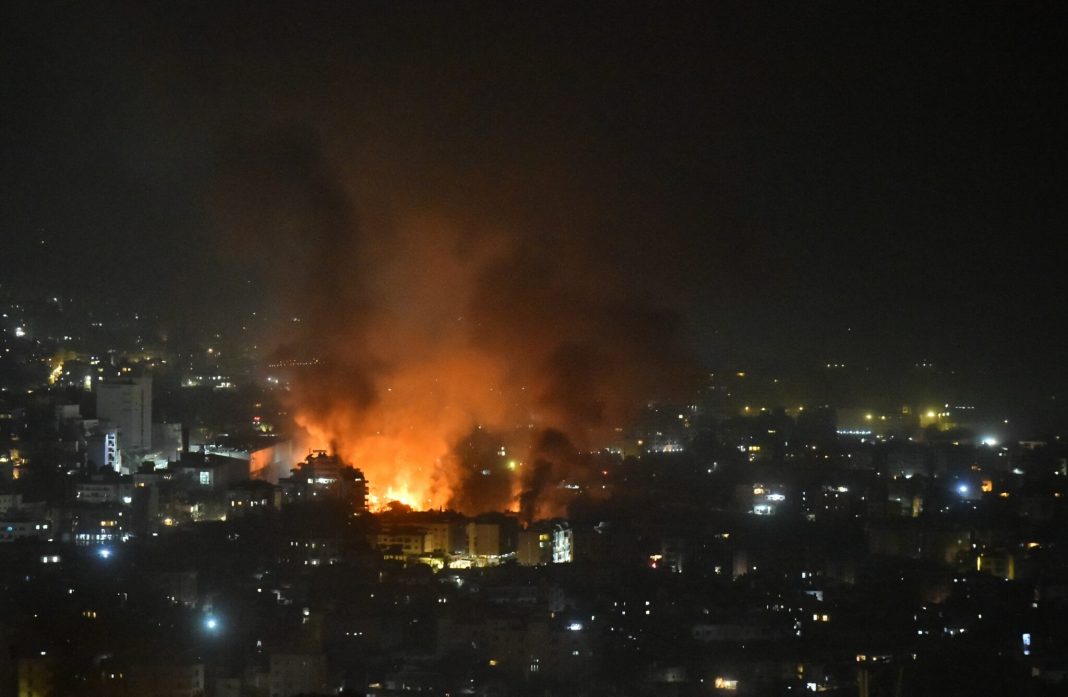EXPERT ANALYSIS — Since the October 7 Hamas massacre in southern Israel, and the Israeli war on Hamas that followed, the U.S. and other countries have worried that Israel might open a second front against another arch enemy: Hezbollah in Lebanon. Over the past ten days, the Israelis have done exactly that – beginning with the exploding pagers and walkie-talkies that took three dozen lives and wounded more than three thousand people last week, and now a bombing campaign that has struck hundreds of Hezbollah targets, taking out military assets but also killing many Lebanese civilians. On Friday, the Israel Defence Forces said an airstrike in Beirut had targeted Hezbollah’s “central command center,” killing the commander of Hezbollah’s Missile Unit in south Lebanon, Muhammad Ali Ismail. There were conflicting reports about the fate of the Hezbollah leader, Hassan Nasrallah.
An Israeli source called Friday’s attack the largest strike against Beirut since the 2006 Israeli war in Lebanon, and Israeli officials are warning that an Israeli ground invasion may come next. As news of the Beirut strike spread Friday, U.S. Secretary of State Antony Blinken warned that the region faced “a precarious moment…with profound consequences for its people now and possibly for years to come.”
Access all of The Cipher Brief’s national security-focused expert insight by becoming a Cipher Brief Subscriber+ Member.
Sign Up Log In


